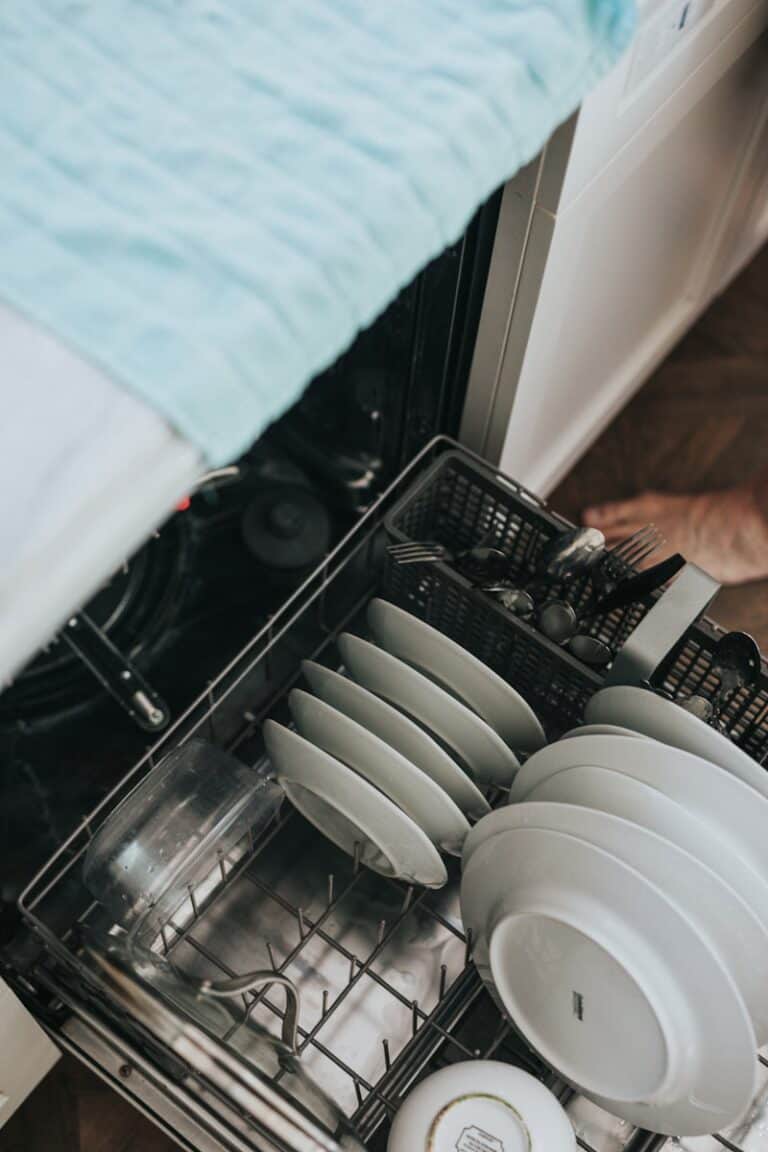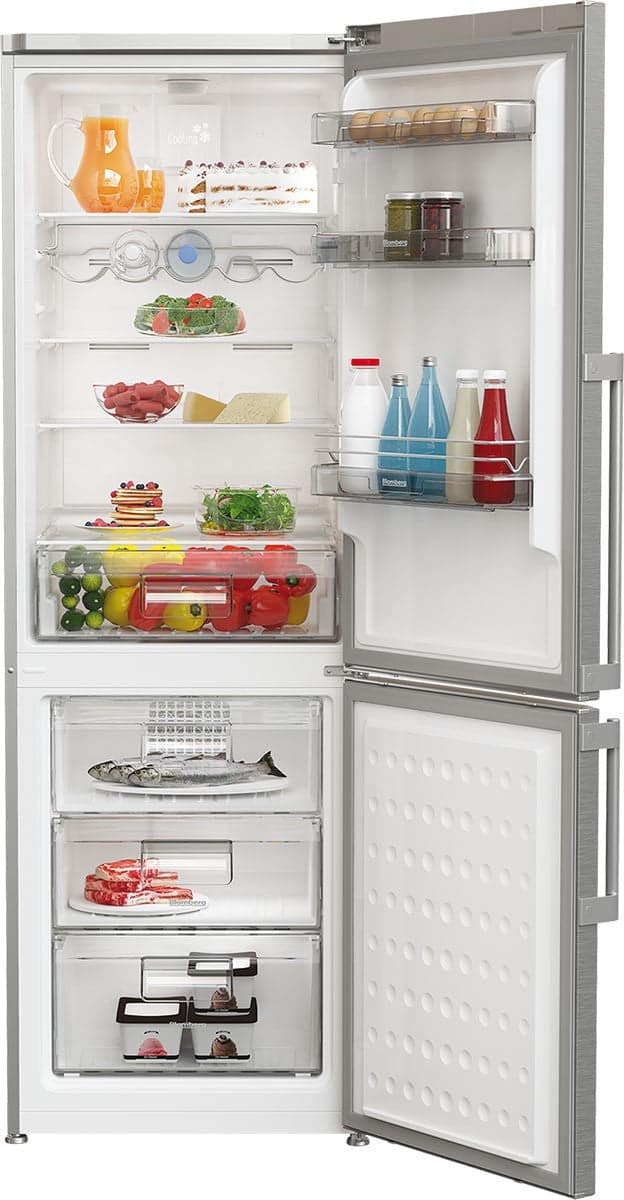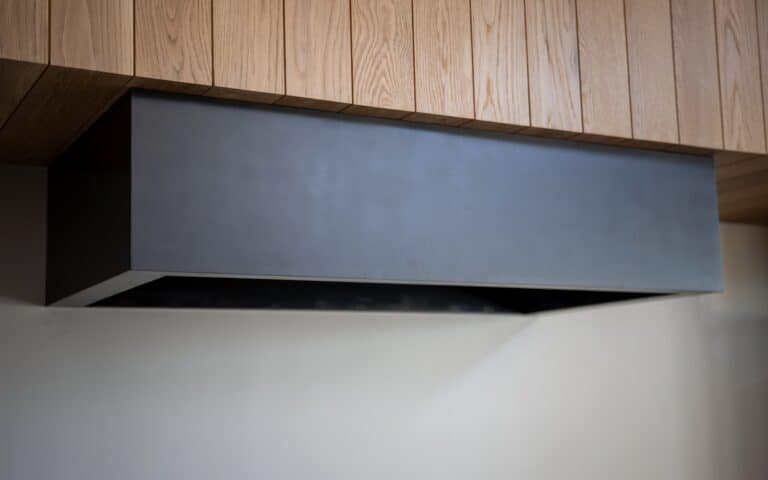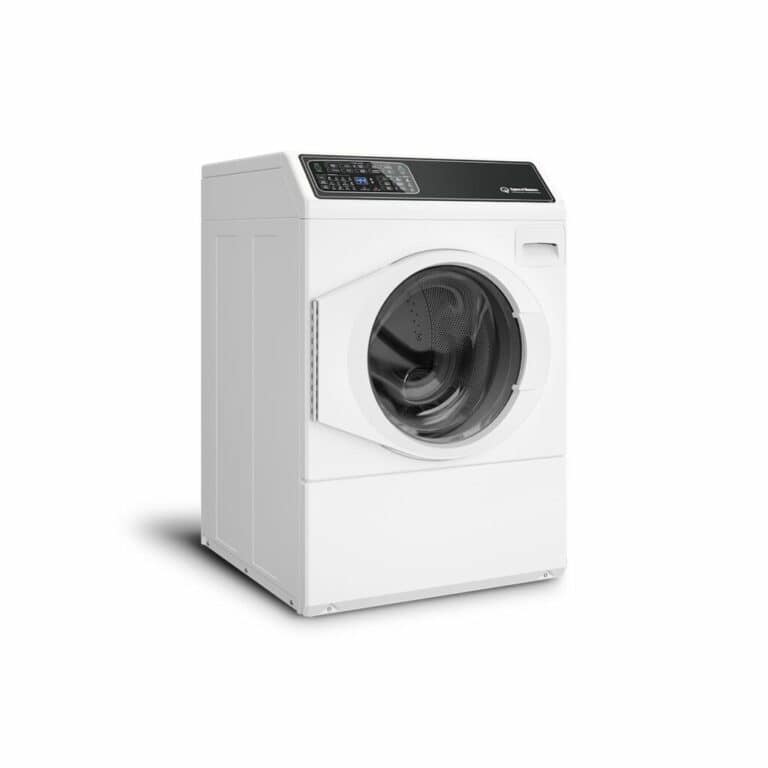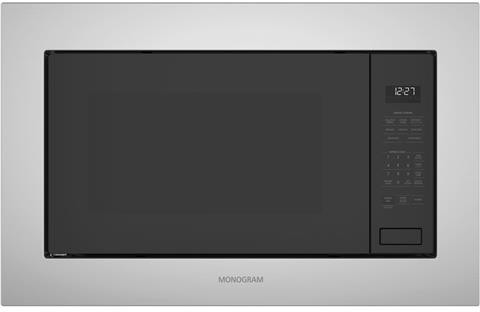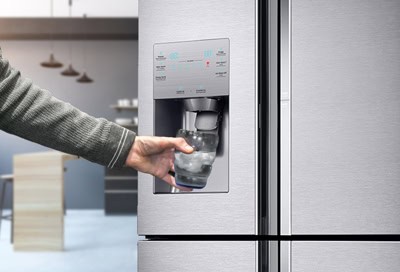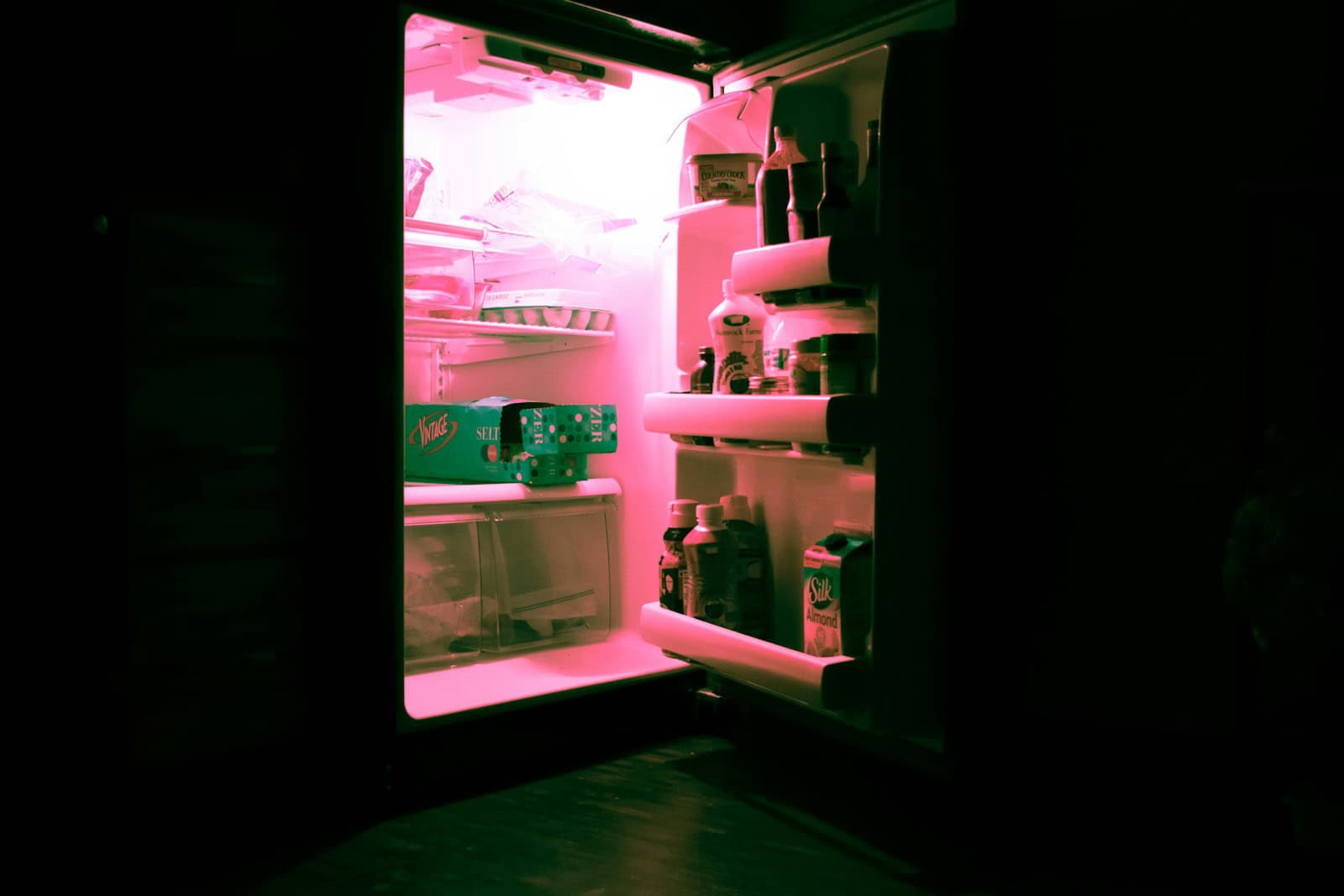
A chemical smell in your refrigerator can be alarming and unpleasant. This odor often indicates a problem that needs attention. Chemical smells in refrigerators are typically caused by spoiled food, harsh cleaning products, or refrigerant leaks.
New refrigerators may emit a chemical odor due to the materials used in their construction. This smell usually dissipates within a few days. However, persistent chemical odors in older fridges can signal more serious issues. Identifying the source is crucial for proper resolution.
Addressing a chemical smell promptly is important to prevent food contamination. Simple solutions like thorough cleaning or using natural odor absorbers can often resolve the issue. In some cases, professional repair may be necessary, especially if a refrigerant leak is suspected.
That’s Not How Your Fridge Should Smell: Troubleshooting a Chemical Odor
A strange chemical smell coming from your refrigerator is definitely not something to ignore. It could indicate a problem that needs your attention. Let’s break down some common causes and how to address them.
Possible Culprits
- Refrigerant Leak: Refrigerators use a refrigerant (often Freon, though newer models may use different types) to keep things cold. A leak can release a chemical odor, sometimes described as sweet or like nail polish remover. This is a serious issue, as refrigerants can be harmful. **If you suspect a refrigerant leak, contact a qualified appliance repair technician immediately.**
- New Appliance Smell: A brand new refrigerator might have a slight chemical smell initially due to manufacturing materials. This usually fades within a few days or weeks. Proper ventilation can help.
- Spilled Cleaning Products: If you recently cleaned your fridge, residue from strong cleaners could be lingering. Make sure to thoroughly rinse all surfaces after cleaning.
- Spoiled Food: Hidden spoiled food can sometimes emit a strong, almost chemical-like odor. Check every nook and cranny, including drawers and shelves, for anything past its prime.
- Mold or Mildew: Moisture buildup can lead to mold or mildew growth, which can cause a musty or chemical smell. Clean any affected areas with a solution of baking soda and water.
Troubleshooting Steps
- Safety First: If you suspect a refrigerant leak, do not attempt to diagnose or repair it yourself. Contact a professional.
- Clean Thoroughly: Remove all food and shelves. Wash the interior with a baking soda solution. Don’t forget door seals and drawers!
- Air it Out: Leave the refrigerator doors open for a while to allow for ventilation. If the smell is due to new materials, this can help it dissipate.
- Check for Spoiled Food: Inspect all food items carefully. Even something small tucked away can cause a strong odor.
- Inspect for Mold: Look for signs of mold or mildew, especially in areas prone to moisture.
- Activated Charcoal or Baking Soda: Place an open container of activated charcoal or baking soda inside the fridge to absorb odors.
When to Call a Professional
If you’ve tried the steps above and the chemical smell persists, or if you suspect a refrigerant leak, it’s time to call a qualified appliance repair technician. They have the expertise to diagnose and fix the problem safely.
Key Takeaways
- Chemical smells in fridges can stem from spoiled food, cleaning products, or refrigerant leaks
- Prompt identification and addressing of the odor source prevents food contamination
- Natural odor absorbers and thorough cleaning can resolve many refrigerator smell issues
Identifying the Source of Chemical Smells in Refrigerators
Chemical odors in refrigerators can stem from various sources. Pinpointing the exact cause is crucial for effective elimination and prevention of future occurrences.
Spoiled Food and Contaminants
Expired or rotting food often produces strong chemical-like smells. Check for forgotten items in the back of shelves or drawers. Dairy products, meats, and produce are common culprits. Remove any spoiled items immediately.
Clean spills promptly to prevent odor-causing bacteria growth. Use a mixture of warm water and mild dish soap to wipe down surfaces. Rinse with clean water and dry thoroughly.
Store foods properly in airtight containers to prevent odor transfer. Use plastic wrap or aluminum foil to cover dishes before refrigerating.
Mold and Mildew Accumulation
High humidity inside the refrigerator can lead to mold and mildew growth. These fungi often produce musty, chemical-like odors. Check dark corners, gaskets, and drainage channels for signs of growth.
Clean visible mold with a solution of 1 tablespoon baking soda in 1 quart of water. For stubborn growth, use a mixture of equal parts water and white vinegar. Dry all surfaces completely after cleaning.
Reduce humidity by keeping the refrigerator door closed when possible. Use moisture-absorbing products like silica gel packets in problem areas.
Refrigerant and Coolant Leaks
A sharp, chemical smell may indicate a refrigerant leak. Freon, a common coolant, has a sweet, chloroform-like odor. If you suspect a leak, turn off the refrigerator and unplug it immediately.
Look for signs of oil residue near refrigerator coils or compressor. Listen for hissing sounds, which may indicate escaping gas. Check for inconsistent cooling or frost buildup on the evaporator coils.
Contact a professional appliance repair service if you suspect a coolant leak. Refrigerant handling requires specialized tools and expertise. Do not attempt repairs yourself, as coolants can be harmful if inhaled.
Best Practices for Food Storage and Refrigeration
Proper storage techniques and refrigerator maintenance are crucial for preserving food quality and preventing unpleasant odors. These methods help extend food freshness and maintain a clean, hygienic environment in your refrigerator.
Proper Container Usage
Airtight containers are essential for effective food storage in refrigerators. These containers prevent cross-contamination of odors and flavors between different foods. They also help maintain food freshness by sealing in moisture and preventing exposure to air.
Glass containers are ideal for storing leftovers. They don’t absorb odors or stains and are easy to clean. Plastic containers with tight-fitting lids are also suitable, but should be BPA-free and food-grade.
For produce, use specialized storage containers with built-in ventilation. These containers regulate moisture levels, keeping fruits and vegetables fresh for longer periods.
Label containers with contents and dates to track freshness easily.
Maintaining Optimal Airflow
Good airflow in a refrigerator is key to maintaining consistent temperatures and preventing odor buildup. Avoid overcrowding shelves, as this can block air vents and create warm spots.
Leave space between items to allow cold air to circulate freely. This helps maintain an even temperature throughout the refrigerator.
Clean refrigerator vents regularly to ensure unobstructed airflow. Use a vacuum cleaner with a brush attachment to remove dust and debris from vents.
Organize items logically. Store taller items at the back and shorter ones in front to promote better air circulation.
Temperature Control and Monitoring
Maintaining the right temperature is crucial for food safety and freshness. The ideal refrigerator temperature is between 35°F and 38°F (1.7°C to 3.3°C).
Use a refrigerator thermometer to monitor temperature accurately. Place it in the center of the middle shelf for the most reliable readings.
Adjust temperature settings as needed, especially during seasonal changes or after frequent door openings.
Keep the refrigerator door closed as much as possible to maintain a stable temperature. Organize frequently used items for quick retrieval to minimize open door time.
Check seals regularly to ensure the door closes tightly. Replace worn or damaged seals promptly to prevent cold air leakage.
Effective Cleaning and Deodorizing Methods
Eliminating chemical odors from refrigerators requires a combination of targeted cleaning techniques and strategic use of odor-absorbing materials. These methods can effectively neutralize unwanted smells and restore freshness to your fridge.
Natural Odor Absorbers
Baking soda is a popular and effective natural deodorizer for refrigerators. Place an open box on a shelf to absorb odors for up to three months. Activated charcoal offers another powerful option, trapping odor molecules in its porous structure. Coffee grounds can also neutralize smells while adding a pleasant aroma.
For stubborn odors, try a vinegar solution. Mix equal parts water and white vinegar in a spray bottle. Wipe down interior surfaces with this mixture to neutralize odors and disinfect.
Commercial odor absorbers designed specifically for refrigerators are available. These products often use activated carbon or other absorbent materials to trap and eliminate smells.
Chemical Cleaners vs. Homemade Solutions
Commercial chemical cleaners can effectively remove odors and sanitize refrigerators. Many are formulated to be safe for food storage areas. However, these products may leave behind their own scents or chemical residues.
Homemade solutions offer a natural alternative. A mixture of baking soda and water creates a gentle abrasive paste for cleaning. For tougher jobs, a solution of water and lemon juice can cut through grime and leave a fresh scent.
Vinegar-based cleaners are highly effective. Mix one part vinegar with three parts water for a powerful, natural disinfectant. This solution can clean surfaces and eliminate odors without harsh chemicals.
Routine Cleaning Schedule
Regular cleaning prevents odor buildup. Wipe spills immediately to prevent stains and smells from setting in. Clean the refrigerator’s interior thoroughly every 1-3 months.
Remove all items and discard expired food. Wash removable parts like shelves and drawers with warm, soapy water. Clean the interior walls, top, and bottom with a mild cleaning solution.
Don’t forget to clean the door seals, which can harbor odor-causing bacteria. Use a soft brush or cloth with a gentle cleaner to scrub these areas.
After cleaning, leave the door open for a few hours to air out the refrigerator. This helps eliminate any lingering odors and prevents mold growth.
When to Seek Professional Appliance Repair
A chemical smell from your refrigerator can signal serious issues. Professional help becomes necessary when DIY solutions fail to resolve the problem.
Persistent Chemical Smell Diagnosis
A lingering chemical odor in your refrigerator requires expert attention. Technicians use specialized tools to detect refrigerant leaks. They check the compressor, condenser coils, and evaporator for damage. Professionals also inspect electrical components for burning smells.
Coolant leaks pose health risks and harm the environment. Only certified technicians should handle refrigerants. They can safely recover, recycle, or dispose of these substances.
Water filter issues can cause strange smells too. Experts can replace faulty filters and clean contaminated water lines.
Addressing Refrigerator Component Failures
Component failures often lead to chemical smells. Repair professionals diagnose and fix these issues:
- Faulty compressors
- Damaged condenser fans
- Blocked defrost drains
- Worn door gaskets
They use proper tools and parts for safe repairs. Technicians also check for electrical problems that might cause burning odors.
Experts can identify less obvious issues like mold growth in hard-to-reach areas. They clean and sanitize affected parts to eliminate musty smells.
Professional repairs often cost less than replacing the entire appliance. They also extend your refrigerator’s lifespan.
Frequently Asked Questions
Chemical odors in refrigerators can be concerning for many homeowners. These smells may have various causes and solutions.
What could be causing a paint thinner-like odor in my fridge?
A paint thinner-like smell in a refrigerator often stems from a refrigerant leak. This issue requires immediate attention from a professional technician. Other potential causes include recently used cleaning products or new plastic components outgassing.
How can I eliminate chemical odors from a new refrigerator?
New refrigerator odors typically dissipate on their own within a few days. To speed up the process, leave the doors open for several hours in a well-ventilated area. Wiping down interior surfaces with a mild baking soda solution can also help neutralize smells.
Are chemical smells from a refrigerator a sign of danger to my health?
Strong chemical odors from a refrigerator can pose health risks. Refrigerant leaks are particularly hazardous and require professional repair. Persistent smells may also indicate the presence of harmful bacteria or mold growth.
What steps should I take to resolve a chemical smell in my Whirlpool fridge?
First, remove all food items and shelving. Clean the interior thoroughly with a mixture of warm water and mild dish soap. Rinse and dry completely. Place an open box of baking soda inside to absorb lingering odors.
How do I recognize the smell of a Freon leak in my refrigerator?
A Freon leak often produces a sweet, chloroform-like scent. It may also smell similar to nail polish remover. If this odor is detected, turn off the refrigerator immediately and contact a certified repair technician.
What indications are there of a failing refrigerator compressor based on odor?
A failing compressor may emit a burning smell or an oily, musty odor. These scents are often accompanied by unusual noises or decreased cooling performance. If such symptoms occur, professional inspection is necessary to prevent further damage.

